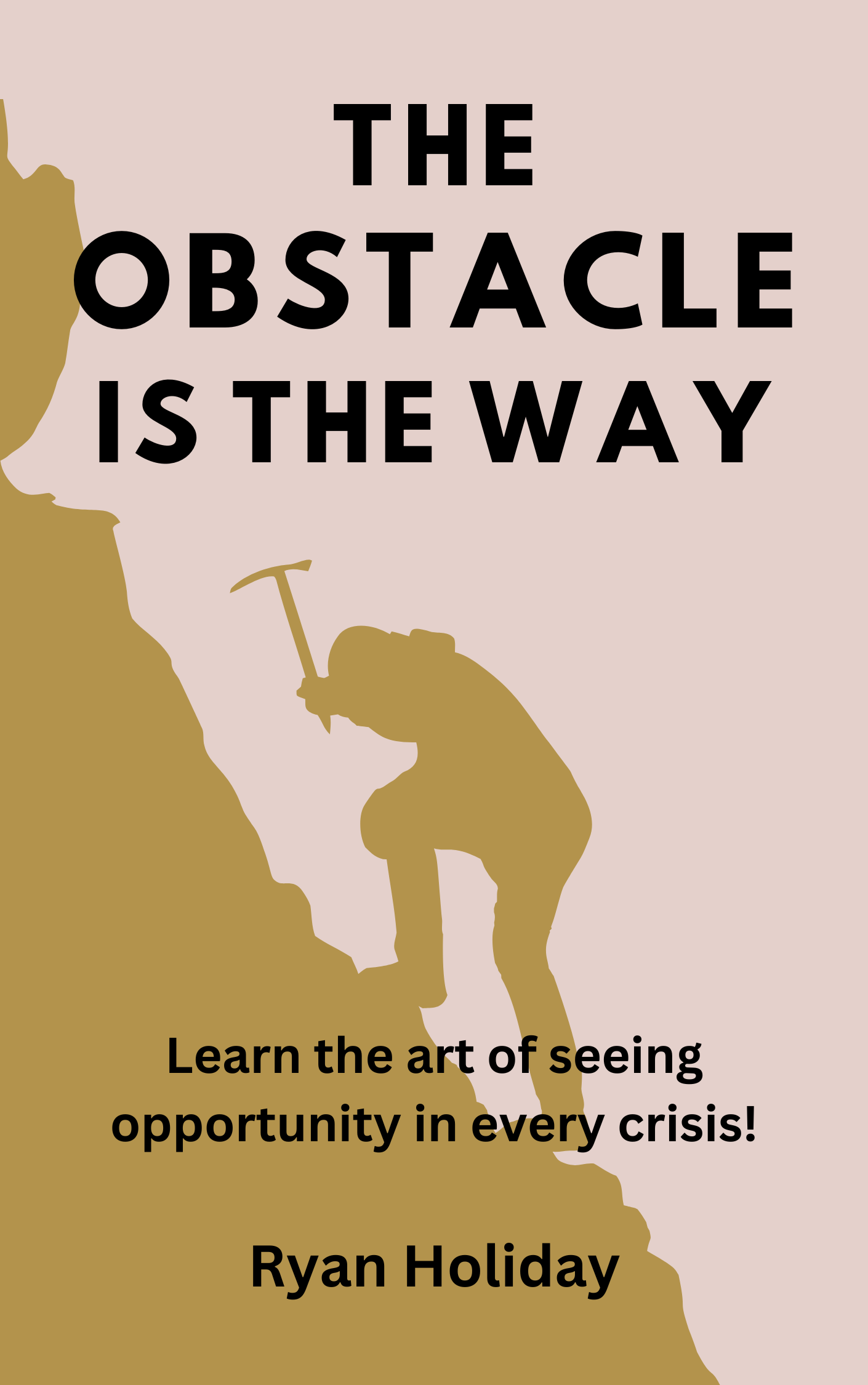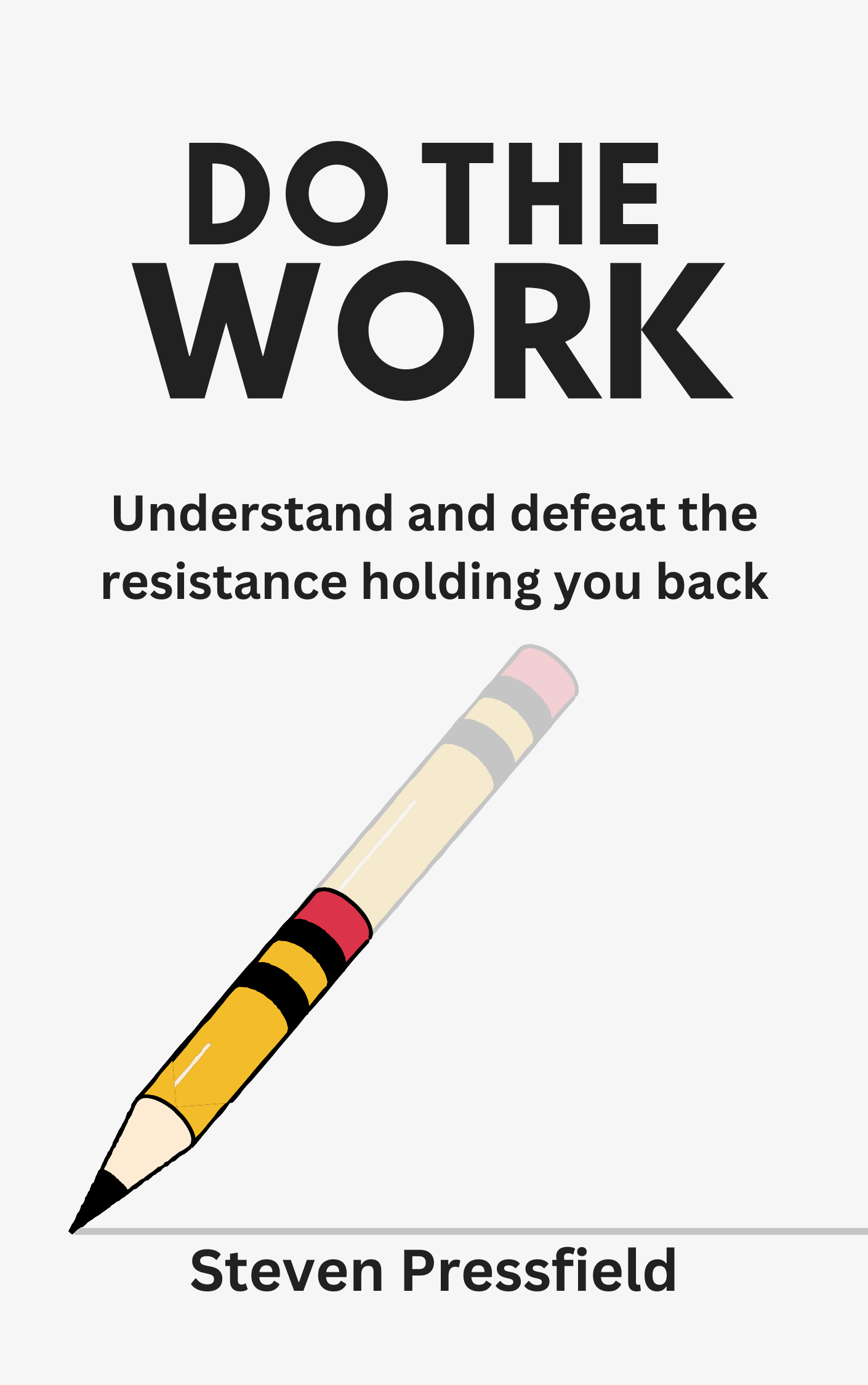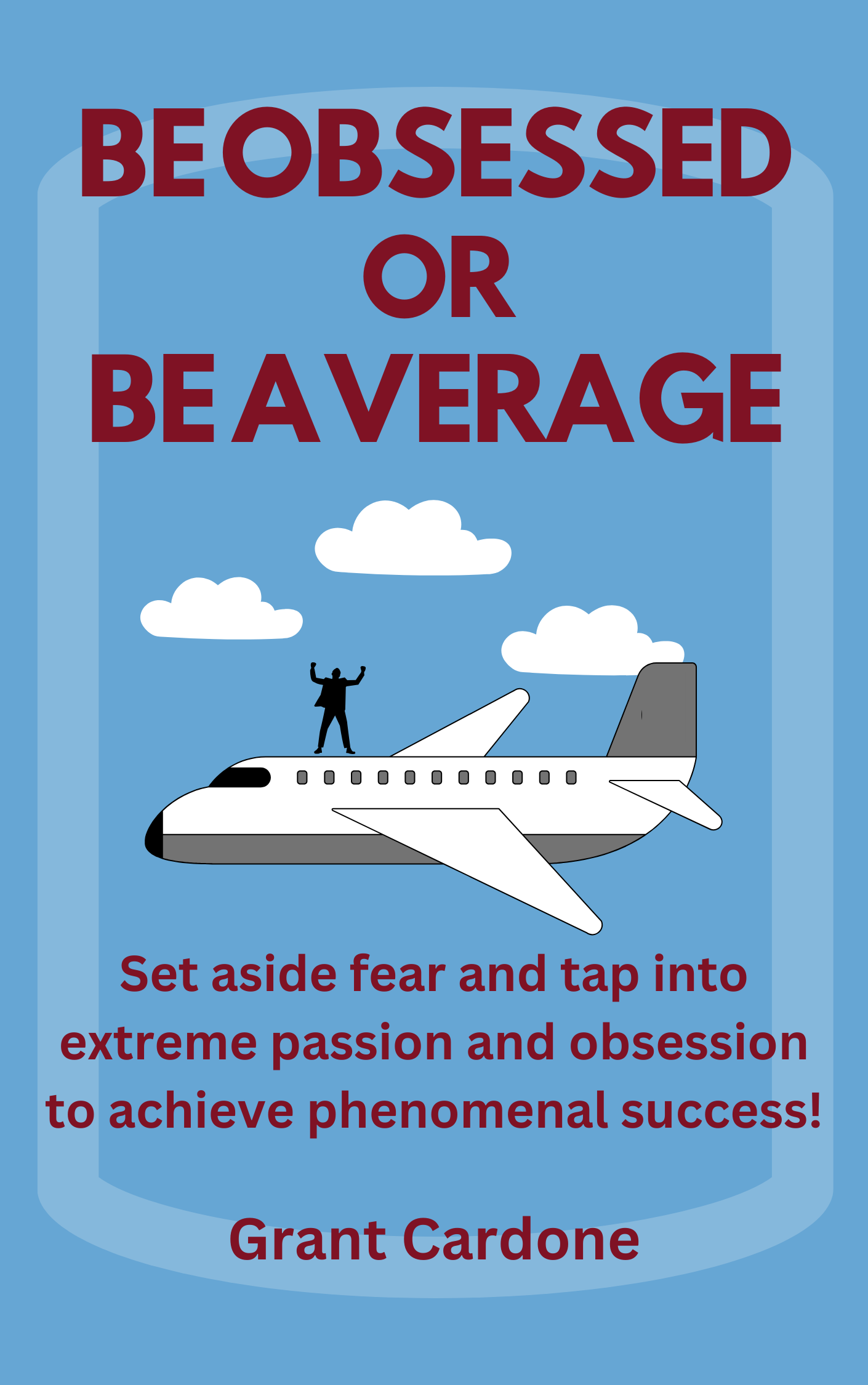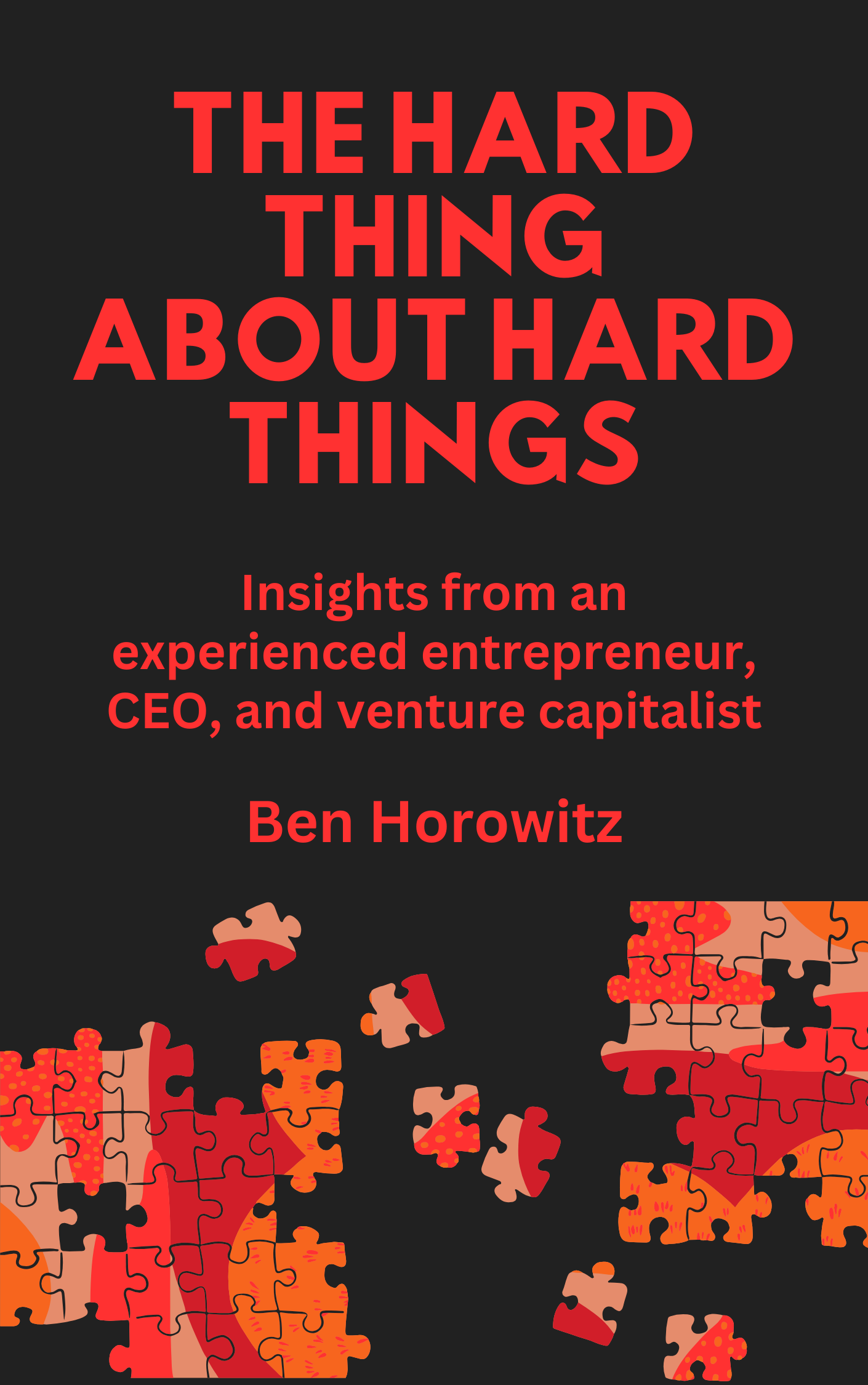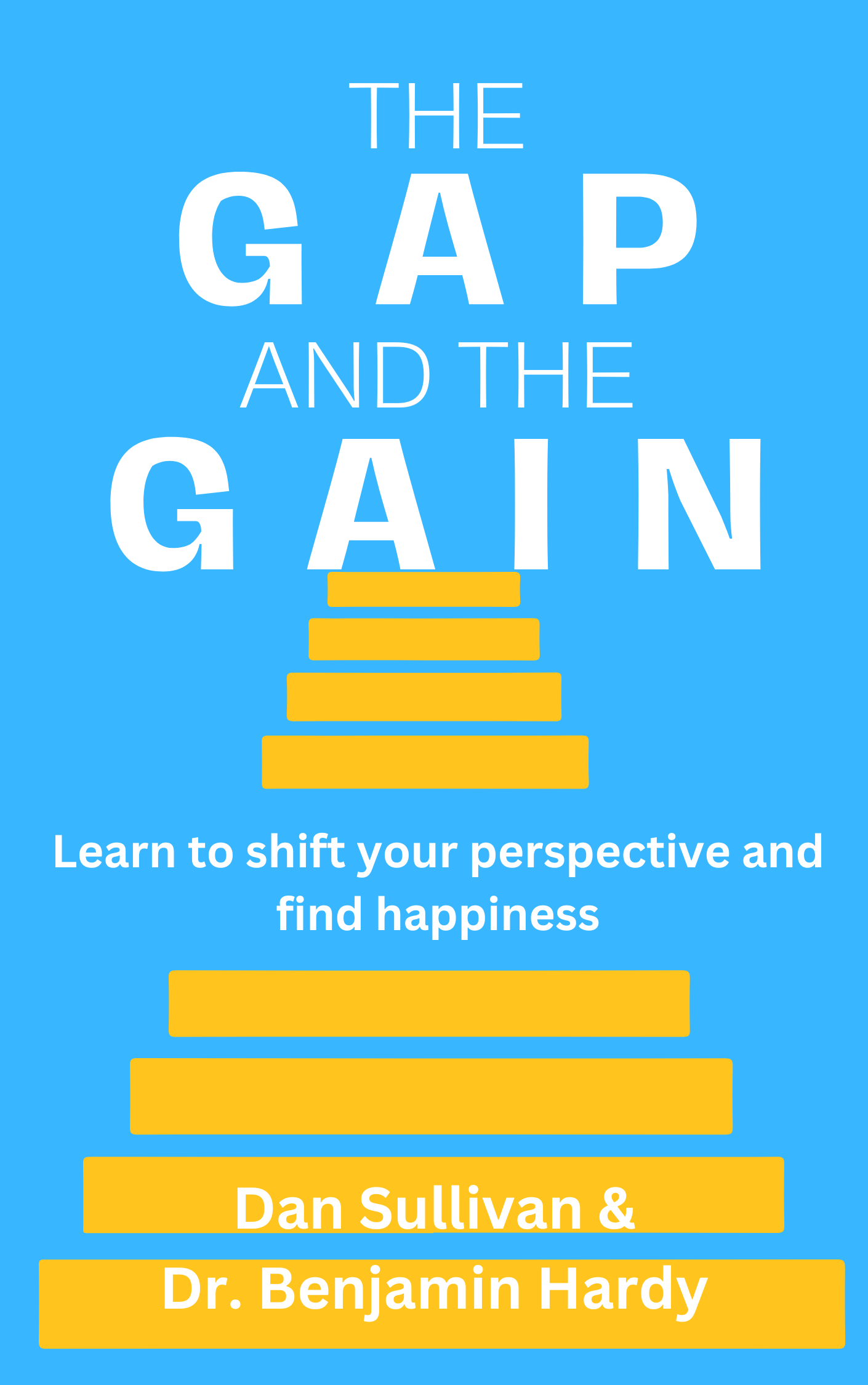Introduction
A Lesson in Seeing Things Differently
When the devastating market depression, the Panic of 1857 hit Cleveland, young bookkeeper, aspiring investor John D. Rockefeller did something unusual - he got excited. This 16-year-old newcomer to finance saw the Panic as his personal masterclass in how markets really work. Instead of running away (like his unreliable father had done from family responsibilities), Rockefeller watched and learned.
Lesson #1, panic makes people stupid. While others were frantically selling their businesses at rock-bottom prices, Rockefeller quietly saved his money. Lesson #2, market swings always happen, and only those who kept their cool would profit! And he put these insights to immediate use. When investors later waved $500,000 at him to buy oil wells during a boom, Rockefeller said... no!! He saw the bubble for what it was and walked away.
This clear-headed approach paid off spectacularly. In crisis after crisis - from the Civil War through the devastating market crashes of 1873, 1907, and 1929 - Rockefeller used the same strategy: when prices crashed, he bought up solid businesses for pennies. When everyone got greedy, he sold. When competitors panicked and sold low, he bought them out. By staying calm and seeing opportunity in chaos, the former bookkeeper built a 90% share of the entire oil market. As Rockefeller himself said, it was a learned skill from the "school of adversity."
Point being, discipline your perception to see the other angle! Don't react emotionally to bad news - analyze it for the hidden advantage. How can you do that? Because you have…
The Power to Choose Your Response
Following our look at Rockefeller's masterclass in keeping cool, Holiday introduces us to an even more dramatic story - Rubin "Hurricane" Carter, a middleweight boxing champion who faced something far worse than market crashes.
Wrongly convicted of triple homicide, Carter walked into prison wearing a designer suit and made a bold declaration: they could lock up his body, but not his mind. While most would crumble under three life sentences, Carter turned his cell into a personal university. He refused prison food, wouldn't wear the uniform, and spent every waking moment studying law and philosophy. For 19 years, he maintained complete control over the one thing they couldn't take - his response to the situation. Holiday connects this to Marcus Aurelius' ancient wisdom: "Choose not to be harmed—and you won't feel harmed."
This isn't feel-good nonsense; it's a practical tool. When an employee makes a costly mistake, you can either see it as a disaster or grab it as a perfect teaching moment. The event doesn't change - but your story about it does. This builds directly on Rockefeller's approach: both men refused to let external circumstances dictate their internal state. Laura Ingalls Wilder, famous American writer, did the same, turning harsh life conditions into literary adventures through sheer force of perspective.
Events themselves are neutral. We add the labels "good" or "bad." Every obstacle comes with a built-in choice: Will you let it control you, or will you control your response to it?
Hoping you chose the latter, here is a lesson on the art of changing your view!
Just Tilt Your Head
For the final lesson on perspective, Holiday takes us back to ancient Greece, where General Pericles showed his soldiers a brilliant lesson: sometimes all you need to do is look at things differently. During a naval mission, a solar eclipse threw his 150 ships into darkness. While his crew panicked, Pericles calmly walked up to a steersman and held a cloak around the man's face. "Are you scared of this darkness?" he asked. When the man said no, Pericles delivered the punch: "So what's the difference when the cause of the darkness changes?"
This clever bit of ancient wisdom ties directly to modern success stories. Take George Clooney's early Hollywood struggles. Instead of staying stuck in self-pity and seeing himself as a desperate actor begging for roles, he realized casting directors were actually the ones with a problem - they needed to find the perfect actor. And so, he wasn't just showing off his acting skills anymore. He was demonstrating that he understood the whole package: what the role needed, what the production required, and how he could deliver all of that.
So, when we alter our perspective, obstacles loses its power over us. Failed business deal? As Richard Branson puts it, opportunities are like buses - another one's always coming. Bad meeting? It's just one in a lifetime of meetings. While we can't change the obstacles themselves, we can completely change how they appear to us. And that changes everything about how we handle them. Instead of disempowering you, let obstacles empower you.
On to part #2!
Stop Thinking, Start Doing
You know what's funny about action? We're brilliant at it when we're in danger. Trip on the sidewalk and your hands shoot out to break your fall - no committee meetings needed. But give us a real problem in life? Suddenly we're masters of procrastination.
Meet Demosthenes. This Greek guy was life's punching bag - sickly, speech-impaired, orphaned at seven, robbed of his inheritance. Instead of writing sad poetry about it, he got to work. Pebbles in his mouth to fix his stutter. Speaking into howling winds to strengthen his voice. He even shaved half his head so he'd be too embarrassed to leave his underground study chamber. Extreme? Sure. Effective? Absolutely. Holiday's point is crystal clear: your response to problems defines you. When that inheritance was stolen, Demosthenes didn't just mope around Athens complaining about corrupt guardians. He transformed himself into the city's most formidable orator and... took them to court!!!
Now, here is your lesson. You know about perception - how you see the problem. But that's not enough on it's own. What matters is what you DO after. Meeting obstacles with energy, persistence, and what Holiday calls "strategic vision." Be focused on your target - and be both smart and stubborn. Keep moving pieces until you find a way through. Now, don't mistake this for mere recklessness. True boldness comes from a place of clarity and purpose. So, take a step back, assess the situation objectively, and then move forward with laser-focused intent. Don't just react emotionally - reach for reason and then make the decisions. Understand the challenge at hand! That's what separates those who merely survive obstacles from those who utterly conquer them.
Here's the best part - and Demosthenes would love this - action isn't about waiting for the perfect moment or the perfect plan. It's about moving forward, even if you're scared, even if you're not ready. Just do!
Now, you ready to get to work?
Master "The Process"
Getting to work in our fast-paced world is a bit tricky. It's easy to get caught up in the end goal and lose sight of the small, incremental steps required to get there. But as the legendary coach Nick Saban knows, the secret to success is all about mastering the process.
You see, Saban doesn't encourage his players to fixate on winning championships. Instead, he wants them to focus on nailing each and every drill, play, and moment. Why? Because the process, not the prize, is what truly matters. Think about it this way – have you ever faced a daunting task and felt like you were drowning in a sea of uncertainty? Maybe it was tackling a complex math problem or starting that novel you've always dreamed of writing. The more you stared at the big picture, the more overwhelming it became. But what if you broke it down into bite-sized pieces? Suddenly, it doesn't seem so scary, right? That's Process. Shifting your mindset from the end result to the immediate task at hand; to the actual process, if you will. It takes the chaos and confusion of life and converts it into a series of manageable, interconnected steps. Heard that story of the famous orator Henry Clay and the young, illiterate James Pollard Espy. When Espy was too nervous to speak to his idol, Clay simply pointed to a letter on a poster and said, "You see that? That's an A. Now, you've only got 25 more letters to go."
A VERY important thing you need to learn now is that after all this, there’s a chance that you might just… not crack it.
Prepare for None of It to Work
In the wise words of the ancient philosopher Seneca, we must learn to "not give in to adversity, not trust prosperity, and always take full note of fortune's habit of behaving just as she pleases." Truer words have never been spoken, people! You see, the harsh reality is that no matter how well we plan, no matter how much we try, there will ALWAYS be obstacles in our path that are simply out of our control. Try as we might, we cannot exercise absolute dominion over the world around us.... and that's very, very okay!
Now, we know what you're thinking: "If I can't control the outcome, what's the point of even trying?" Well, that's what The Obstacle Is the Way Mindset has been trying to teach you!
Imagine you've poured your heart and soul into a big project, only to have it all come crashing down despite your best efforts. In that moment, you have a choice: you can either curl up in a ball and give up, or you can see it as an opportunity to practice a different skill – like acceptance, or even helping others. As the legendary jazz maestro Duke Ellington once said, "Problems are a chance for us to do our best." Not the impossible, mind you, but simply our best. Because when we let go of the need to control every outcome, we free ourselves to make the most of whatever life throws our way.
And let's be honest, the world could use a lot fewer martyrs and a lot more resilient, adaptable individuals who are willing to roll the dice, give it their all, and then gracefully accept the results, whatever they may be.
So, the next time you find yourself face-to-face with an obstacle that seems insurmountable, take a deep breath, remember Seneca's wise words, and ask yourself: "How can I make the most of this situation, even if things don't go my way?" Because that's where the true magic of life lies – in our ability to navigate the unexpected with poise, creativity, and an unwavering commitment to doing our absolute best!
And just like that, we have reached the last section of this wonderful book!
Art of Will
Will isn't what most people think it is. It's not about forcing things to happen through sheer determination or gritting your teeth until you get your way. Real will, as history's greatest leaders show us, is about developing an unshakeable inner fortress - one that stands firm when everything else crumbles. And here's the secret that the great Stoic thinkers understood - the one thing we can truly control is our own response. While the external world may lie beyond our command, the fortress of our own mind is ours to fortify. It's here, in this impenetrable sanctuary, that we find the strength to weather any storm. By clearly delineating what is within our power and what lies beyond it, we construct this inner citadel - a place of refuge where we can retreat and recharge, no matter what turbulence rages outside our walls.
Take Abraham Lincoln. Here was a man who battled crushing depression his entire life - so severe that he contemplated suicide twice. Yet inside, he built his Inner Citadel. His personal struggles became the very stones of this fortress, giving him the compassion and resilience needed to lead America through its bloodiest war. When we can't change our situation, we can still retreat into this citadel, drawing strength from it. Lincoln couldn't prevent the Civil War, but from within his citadel, he could - and did - lead with wisdom and composure instead of bitterness.
This isn't just ancient history. Every day, we face situations we can't control. The promotion we don't get. The relationship that ends. The illness that strikes. True will means having the strength to accept these unchangeable realities while maintaining the courage to change what we can. As Theodore Roosevelt proved, this kind of will can be built. Born sickly and asthmatic, he didn't accept his weakness as destiny. He built both physical strength and mental fortitude - his own version of the Inner Citadel. And you can build it, too; experience by experience, reinforced daily through practice and preparation.
Moving on. Will isn't just about this inner strength - it's also about persevering! And no story shows this better than Odysseus's epic journey home.
The Real Strength
After fighting for ten years in the Trojan War, Odysseus, the legendary Greek hero faced another decade of incredible challenges just trying to get home. Storms, sea monsters, angry gods - the works. Yet he never gave up. That's perseverance! The power to keep moving toward your goal no matter how long it takes or what stands in your way. And this perseverance is more than just grinding through obstacles.
Take Ferdinand Magellan, the Portuguese explorer who led the first expedition around the world in the 1500s. What made him special wasn't his fancy sailing skills or brilliant leadership. His greatest strength? Simply being able to handle hunger better than his crew. This is pure endurance - the ability to bear a hardship. Perseverance goes beyond that. It's about adapting, finding new paths, and keeping your goal in sight even when the road gets longer and harder than you ever imagined.
Don’t confuse perseverance there's persistence, which is different. Consider Ulysses S. Grant, the American Civil War general who later became president. When facing the crucial battle of Vicksburg, he tried every possible method to cross a river and take the city. He kept searching for solutions until he found one. That's persistence - hammering away at a single problem until it breaks. But perseverance? That's about playing the long game. It's not just about enduring one hardship, but facing a whole series of challenges and saying "Alright, what's next?" while keeping your eyes on the final goal. That's real strength. That's will.
To wrap this up, we have a kinda dark trick to build your will for obstacles.
Death, Life, and Everything in Between
The final puzzle piece for will: death!!
Death has a way of making life interesting. Just ask Michel de Montaigne, who got thrown off his horse in 1569 and lived to tell the tale. While his friends carried his seemingly lifeless body home, he experienced something rare - watching his own life force drift away, only to snap back at the last moment. And instead of being traumatized, Montaigne turned this brush with death into rocket fuel for life. He became a celebrated writer, served as mayor twice, and even hung out with the king. But here's the real kicker - he spent the rest of his days studying death with almost childlike curiosity. The Romans had a similar thing. "Memento mori," they'd say - remember you're mortal. Sounds obvious, right? Yet we live like we've got all the time in the world, chasing Instagram fame or hoarding money we'll never spend. Meanwhile, death doesn't care about your five-year plan or your stock portfolio. And that's where the real power of embracing our mortality lies - it forces us to live with purpose and urgency. When you know the game has an end, you start playing it differently. You stop wasting time on trivialities and invest your energy in what truly matters. And obstacles? They become mere tests of your mettle, chances to prove your readiness for even greater challenges.
But here's what Montaigne figured out - accepting death doesn't mean wearing black and writing sad poetry. It means living with real purpose. When you know the game has an end, you play differently. You stop wasting time on nonsense. You do what matters.
And obstacles? They're just life's way of keeping score. Each one you beat proves you're ready for bigger challenges. As the Haitians say, "Behind mountains are more mountains." The trick isn't to avoid them - it's to get better at climbing.

